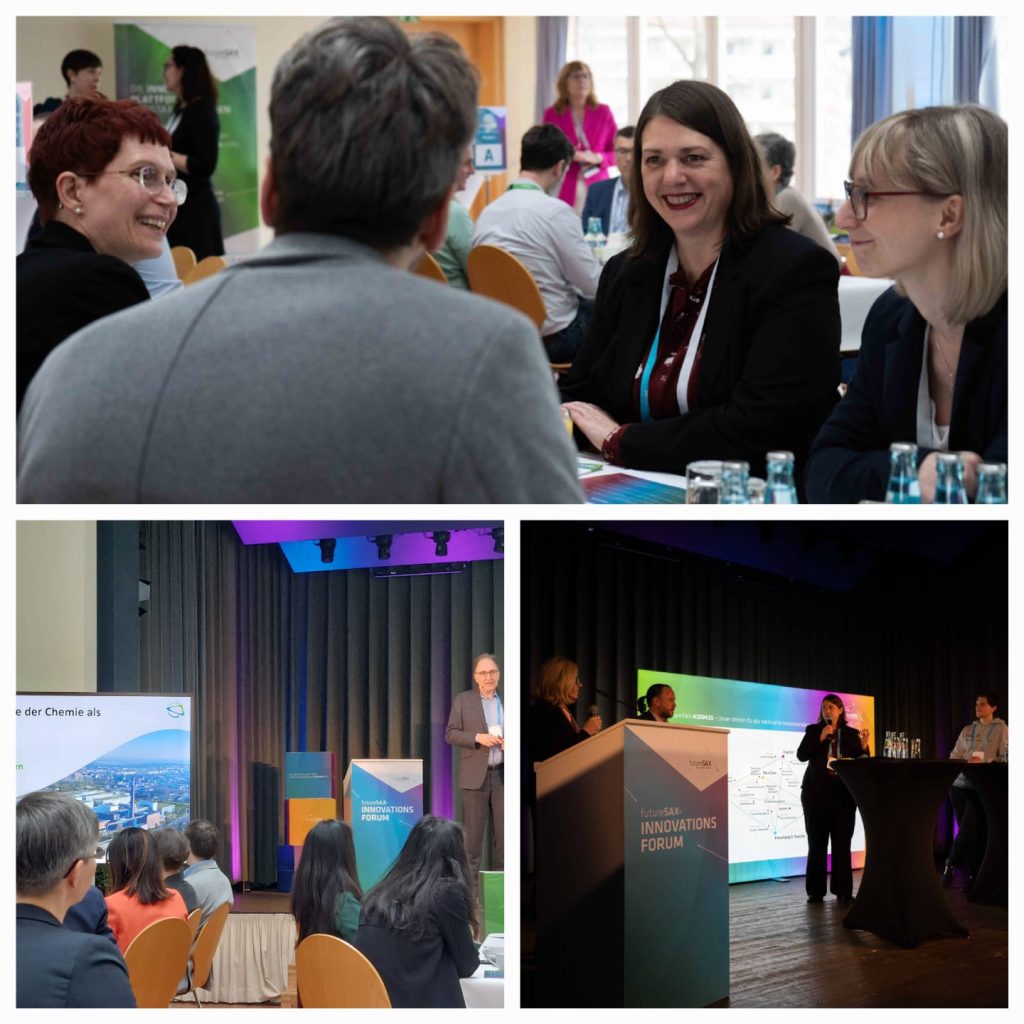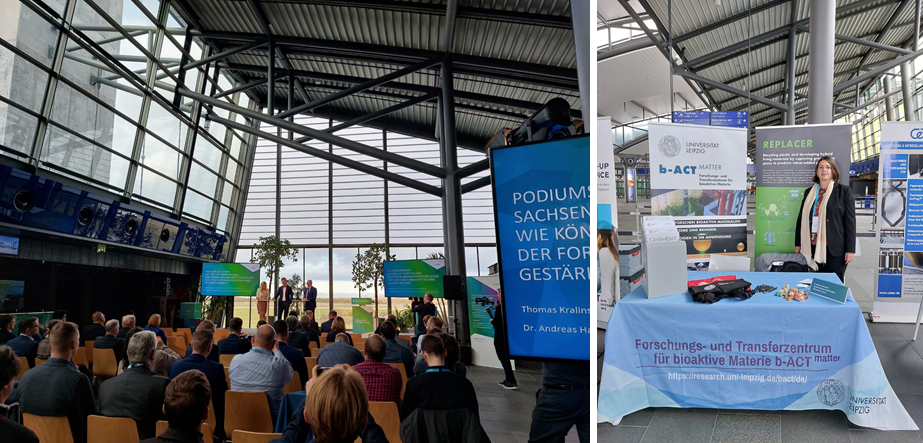Joint colloquium of the Faculty of Physics and Earth System Sciences and b-ACT^matter
The Faculty of Physics and Earth System Sciences and b-ACT^matter jointly invite you to the next lecture of the Physics Colloquium.
Tuesday, 21 May 2024 at 4:30pm
Topic:
Active bacterial fluid
Prof. Dr. Eric Clément (PMMH-ESPCI-PSL, Sorbonne University, Paris)
Understanding the way motile microorganisms such as bacteria explore their environment is central to many ecological, medical and biotechnological issues. Fluids loaded with swimming micro-organisms have become a rich domain of applications and a conceptual playground for the statistical physics of “active matter”. Such active bacterial fluids display original emergent phases as well as unconventional macroscopic transport properties, hence leading to revisit standard concepts in the physics and hydrodynamics of suspensions.
Prof. Dr. Eric Clément will present some recent advances obtained in his group, on the anomalous spatial exploration undertaken by flagellated bacteria undergoing sequences of runs and tumbles. He will address the question of spontaneous emergence of a “critical fluid” for a dense suspension of bacteria, characterized by a vanishing viscosity and the presence of large scale collective motion.
Venue of the event
Universität Leipzig
Faculty of Physics and Earth Sciences
Small Lecture Hall
Linnéstraße 5
04103 Leipzig
Everyone is welcome to a reception with coffee, drinks and cookies in the Aula following
the talk.
For an up-to-date semester program, sign-up for the physics colloquium mailing list,
and subscription to the digital calendars in CalDAV format, head to the colloquiums
web page .


